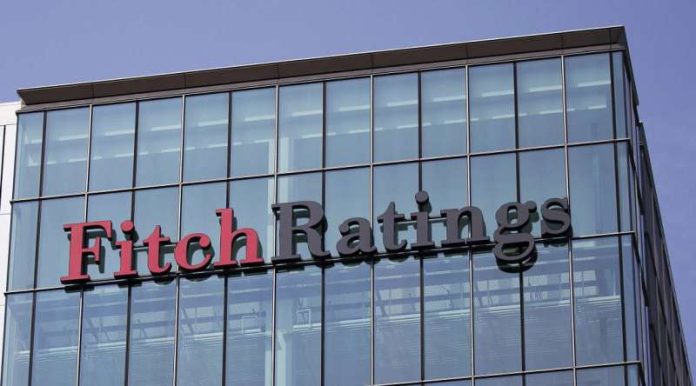Today, Fitch Ratings affirmed its sovereign credit rating for the State of Kuwait at “AA-” with a stable outlook, reports. The main strengths of Kuwait’s credit rating lie in its exceptionally strong fiscal and external balance sheets, while the main weaknesses include recurrent institutional gridlock and political constraints on reforms that would address the fiscal and structural challenges stemming from heavy dependence on oil, and a generous welfare state ( generous welfare state) and the large public sector.
The public budget in Kuwait is likely to remain among the strongest sovereign budgets that the agency rates, despite the sharp fluctuations in oil prices since 2014. The agency expects that the net foreign sovereign assets managed by the Kuwait Investment Authority will reach 470 percent of Gross Domestic Product during 2022-2024, which is the highest among all sovereign countries classified by the agency. Most of the foreign assets are held in the Future Generations Reserve Fund, which is managed by the KIA, which also manages the assets of the General Reserve Fund, reports Al-Rai daily.
The agency expects total government debt to decline to less than 10 percent of GDP in the fiscal 2023/22, while the average total government debt of its “AA” peers is 49 percent. However, assuming the passage of the public debt law, limited fiscal reform, and lower oil prices, the agency expects government debt to double to 20 percent of GDP in FY2025/24 and to rise to more than that in subsequent years.
Current expenditures constitute more than 70 percent of total government spending, including salaries and government subsidies, and nearly 80 percent of Kuwaiti citizens work in the public sector. The fiscal break-even price (excluding investment income) will remain high (at around $80 per barrel), and the non-oil primary deficit will be around 80 percent of non-oil GDP (this ratio refers to the fiscal deficit after excluding oil revenue as a percentage of output GDP for the non-oil sectors), which is much larger than its peers in the region, according to the agency’s estimates.
The agency indicated that the State of Kuwait has not been able to issue debt since 2017, due to the absence of a new law on public debt. She indicated that the new government has stated that this law is still a priority for it, and the agency expects to reach an agreement regarding the law during the fiscal year 2024/23, although it is difficult to ascertain.
The agency indicated that the government will still be able to meet its limited debt service obligations in the coming years depending on the assets it has, even if the public debt law is not passed. However, difficulties in passing the law forced the government to rely on temporary measures, which is unusual for Kuwait’s rating level.
The agency expects the state’s general budget (after adding government investment income) to record a surplus of 12.2 percent of GDP in the fiscal 2023/22, driven by the rise in oil production and prices to about $95 per barrel. The agency expects a decline in oil revenues in the fiscal 2024/23 and 2025/24, assuming that average oil prices are equal to 79 and 61 US dollars per barrel in those two years, and assuming the stability of oil production levels on a large scale at about 2.7 million barrels per day.
This will narrow the budget surplus to 5.9 percent of GDP in FY2024/23 and return to a deficit in FY2025/24. In its forecasts, the agency also assumes a marginal decline in nominal government spending to less than KD 23 billion, supported by the automatic reduction in fuel subsidies and the control of public spending through some budget items in light of lower oil prices.
The agency also expects that the public budget deficit (without counting government investment income) will reach about 2 percent and 10 percent of GDP in the fiscal 2024/23 and 2025/24, respectively. It also expects the debt service ratio to reach less than 1 percent of GDP, which is largely in line with the financing needs of the public budget.
The agency indicated that the results of the general budget of the State of Kuwait are highly sensitive to changes in the prices and levels of oil production, as the average price of a barrel of oil changes by about $10 per barrel (up or down), all other factors being equal. In addition, an increase in oil production by about 100 thousand barrels per day will achieve a surplus in the balance of the general budget by about 1.5 percent of the gross domestic product.
Kuwait obtained a degree of suitability for the standards of governance and social and environmental responsibility (ESG), as it obtained a score of “5” for each of political stability, rights and rule of law, institutional and organizational quality, and corruption control. Kuwait ranks medium at 51 (out of 100) in the World Bank’s Corporate Governance Indicators (WBGI) ranking.

















